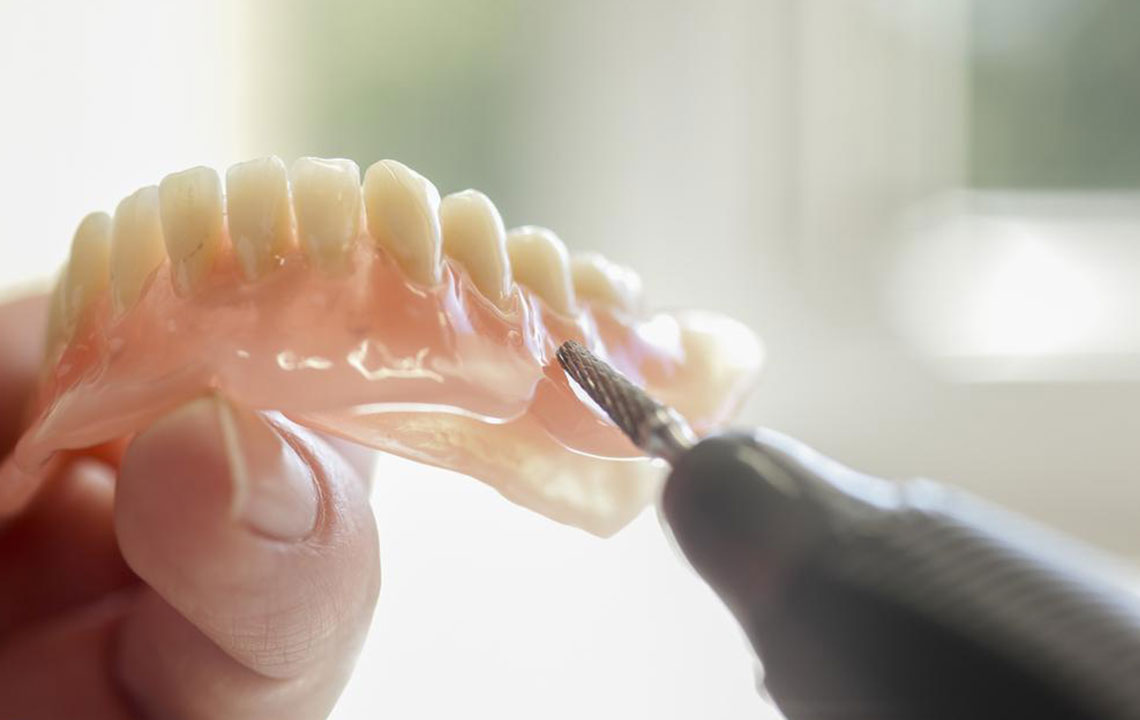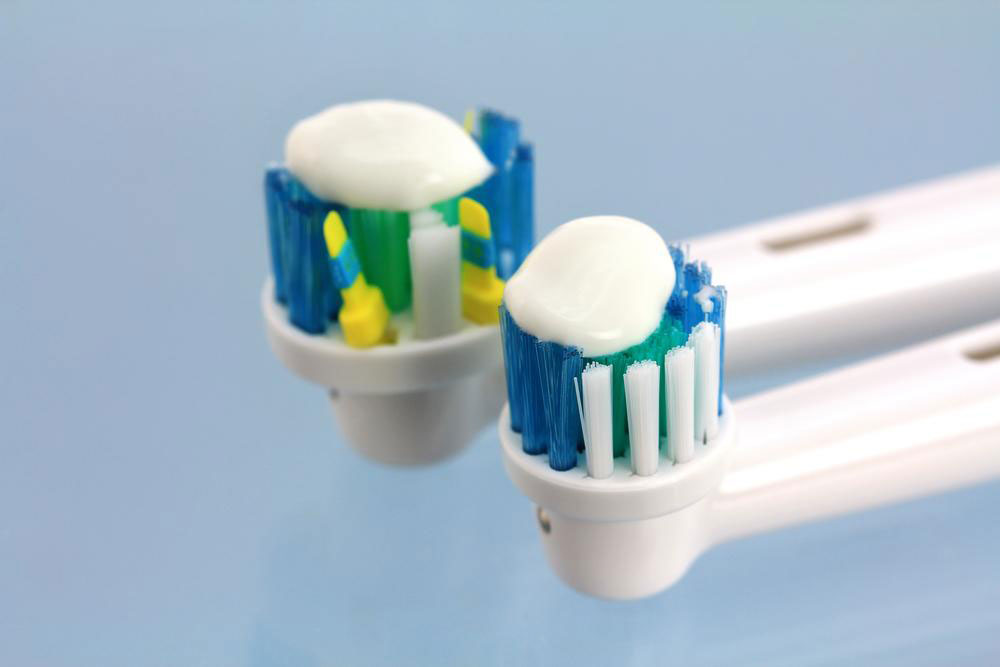Effective Strategies to Secure Your Lower Dentures
Discover practical tips to enhance the stability of your lower dentures. From anatomical considerations to advanced implant solutions, learn how to improve fit, comfort, and confidence with your dental prosthetics. Regular maintenance and professional adjustments can extend their lifespan and ensure smooth oral functions.

Effective Strategies to Secure Your Lower Dentures
Many individuals desire their lower dentures to fit just as securely as their upper set or closely resemble natural teeth. However, fitting lower dentures can be challenging due to anatomical and biological factors, leading to looseness. Loose lower dentures can cause embarrassment and interfere with normal mouth functions. Common causes include an incompatible jaw structure and difficulties in creating an effective seal around the border. Unlike upper dentures, securing the lower extends challenges due to limited accessibility. Additionally, gum tissue and jawbone changes over time can worsen fit issues.
Changes in jawbone structure from aging and bone loss may necessitate denture adjustments or re-fitting.
Typically, dentures last around 7 years before requiring replacement or adjustment.
If re-alignments aren't enough, consider replacing your dentures. This process often takes 5-7 visits to your dentist. A highly effective solution is implant-supported dentures, where titanium screws are anchored into the jawbone to provide stability. Known as overdentures, these implants fuse with bone over 2-6 months, offering a secure fit. Maintaining good oral hygiene and regular cleaning ensures longevity of your dentures.
Note:
The information provided is for educational purposes only and should not replace professional medical advice. Always consult with qualified healthcare providers for diagnosis and treatment options.










